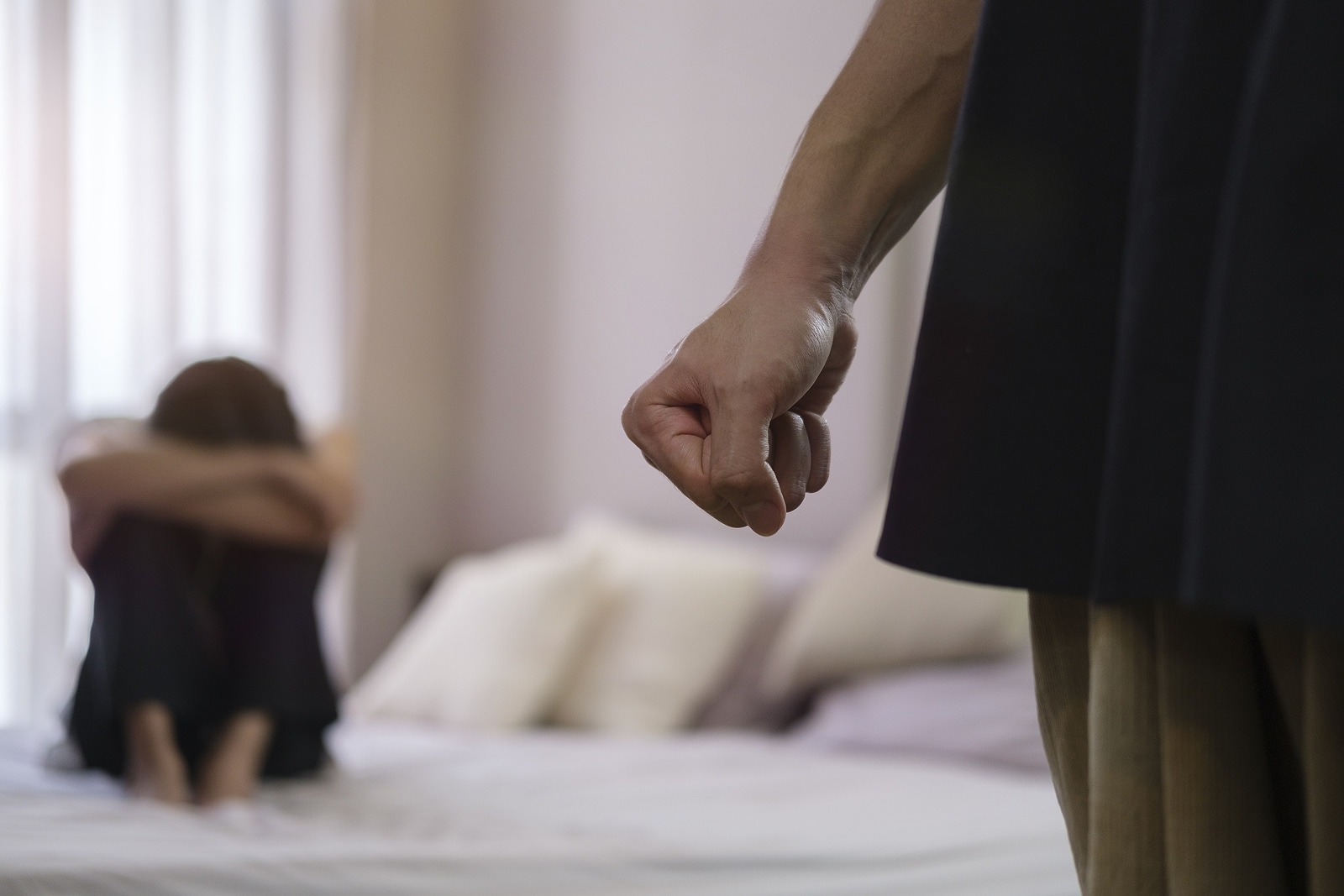Probation refers to a period of court-ordered supervision, typically imposed instead of jail time or following a defendant’s release on parole. In Florida, probation is taken seriously—according to the Office of Community Corrections, more than 164,000 individuals are currently serving probation throughout the state.
Those on probation are regularly monitored at home, work, and in the community. If someone fails to comply with their court-ordered conditions, this is considered a violation of probation (VOP)—a situation that can lead to harsh legal consequences.
Common Reasons for a Probation Violation in Florida
Violating probation in Florida can happen in many ways. Some of the most frequently reported violations include:
-
Getting arrested or charged with another crime
-
Missing a required meeting with your probation officer
-
Skipping a court date
-
Failing to pay fines, fees, or restitution
-
Not completing assigned community service
-
Being in contact with individuals or places associated with criminal activity
-
Failing to secure employment or enroll in school
-
Testing positive for drugs or alcohol
-
Not completing a required treatment program
These violations are typically classified in two ways:
-
Technical probation violations – such as missing an appointment or failing to pay restitution
-
Substantive probation violations – such as committing a new offense while on probation
What to Expect After a Probation Violation Is Reported
Once a probation officer files a report alleging a violation, the court will review the situation. If the judge believes there is probable cause, they may issue a warrant for your arrest. In most cases, you’ll be placed on “no bond” status and held in jail until a bond hearing is scheduled.
Unlike a typical criminal case, Florida VOP hearings provide fewer legal protections:
- You are not entitled to a jury trial
- The court can require you to testify against yourself
- Hearsay evidence is allowed
- There is no statute of limitations
- Your probation officer may be the only witness
- Guilt only needs to be proven by a preponderance of the evidence, not beyond a reasonable doubt
This lower standard makes it much easier for prosecutors to prove that a violation occurred, underscoring the importance of having strong legal representation.
Penalties for Violating Probation in Florida
The penalties you face depend on the nature of the violation, your original charge, and your criminal history. However, outcomes generally fall into one of three categories:
- Revocation of Probation – The judge terminates your probation and imposes the original sentence, which could include jail or prison time
- Modification of Probation Terms – New conditions may be added, or the duration of your probation could be extended
- Reinstatement of Probation – Your probation continues without additional penalties, but this is rare and typically only granted for first-time, technical violations
In more serious cases—especially for violent felony offenses—revocation is likely. For a first-time technical violation of probation in Florida, the court may be more inclined to modify terms rather than revoke probation entirely.
How a Florida Criminal Defense Attorney Can Help With a VOP
If you’ve been accused of a probation violation in Florida, don’t wait to get help. A skilled defense attorney can guide you through the VOP hearing process, ensure your rights are protected, and present evidence that could lead to a more favorable outcome.
Because the courts have broad discretion in how they handle these violations, having an attorney on your side could mean the difference between freedom and incarceration. Your lawyer may be able to show mitigating factors, challenge weak evidence, or negotiate for reinstatement or modification instead of revocation.

 954-543-1186
954-543-1186
 Call Us Now
Call Us Now


